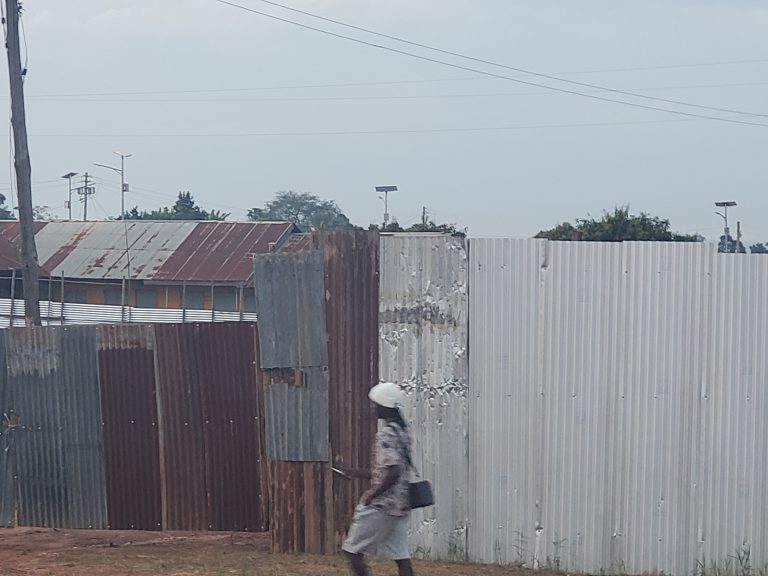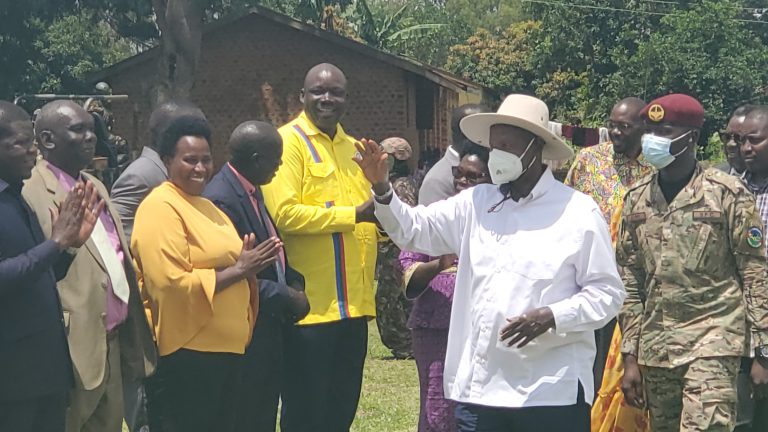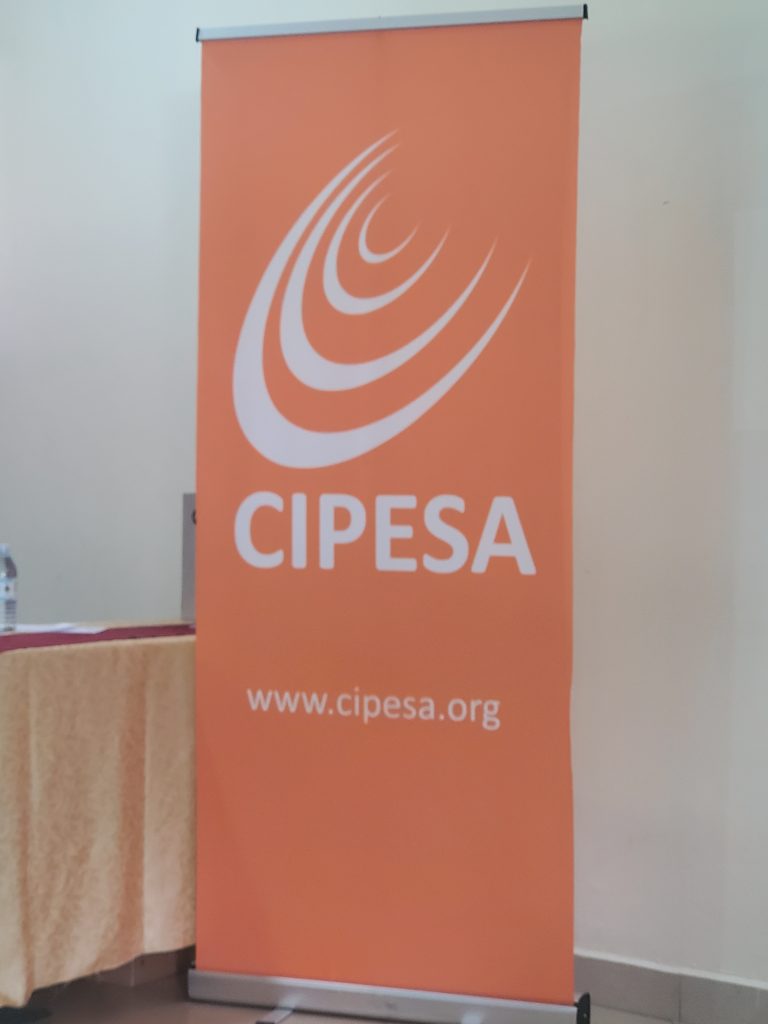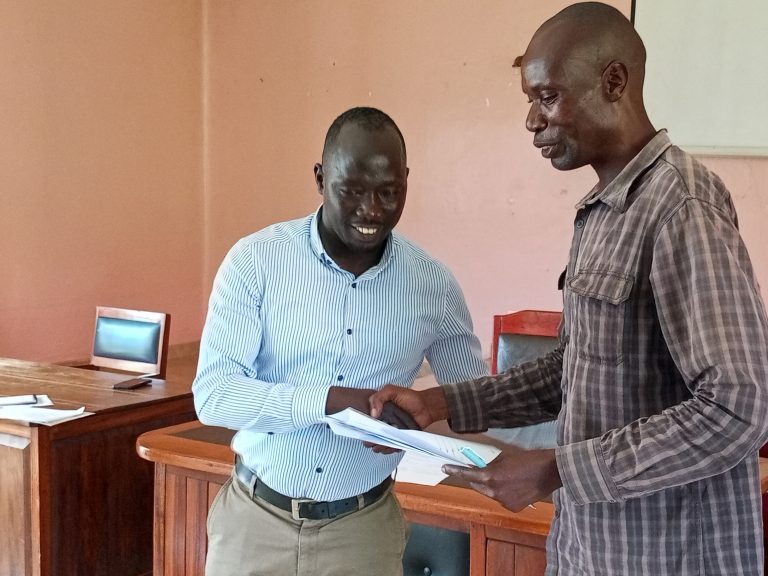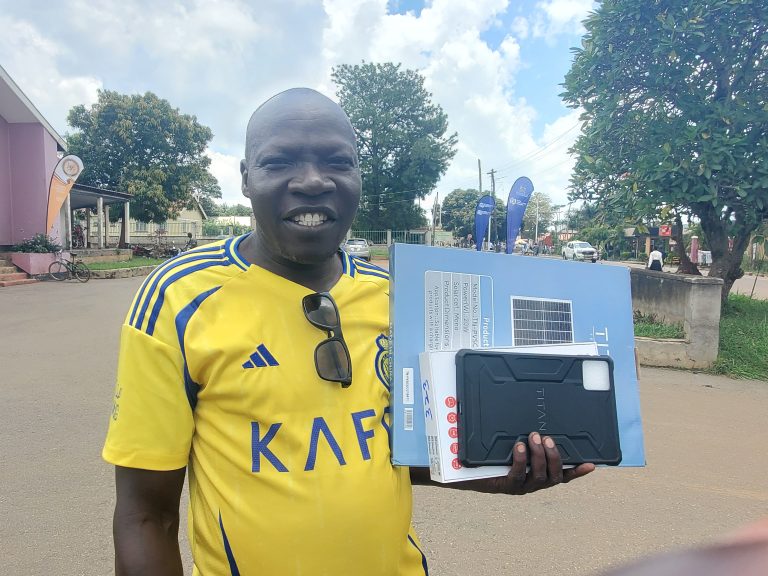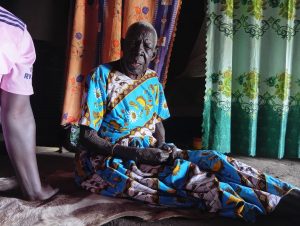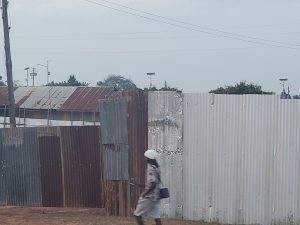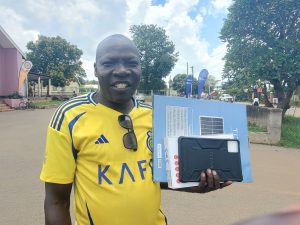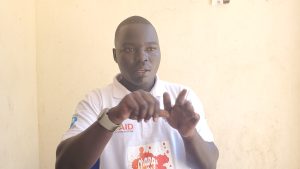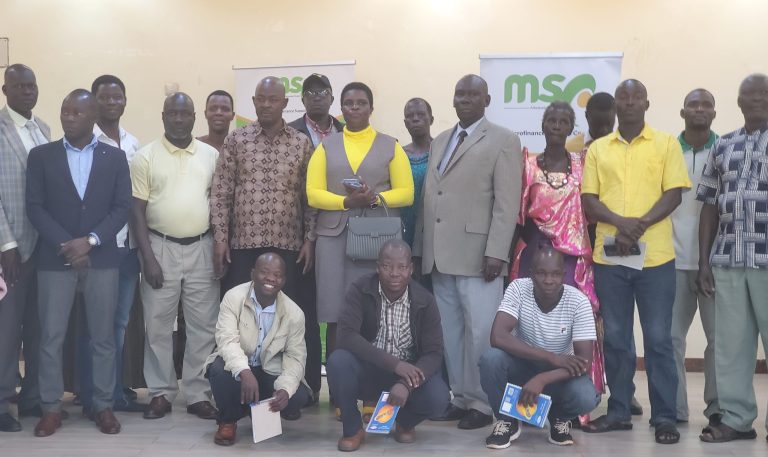The rise of mobile phones, urban influences, and new social norms around love and sexuality has created a widening gap between what elders expect and what the youth desire.
By Denis Opoka
Kitgum District- Deep in Orom East Sub-county in Kitgum District, the Ngokutio community is wrestling with an uncomfortable transition. This minority ethnic group, with a population of just over 7,350, has long depended on cultural systems to guide how young people enter adulthood, learn about marriage, and raise families. Yet the rise of mobile phones, urban influences, and new social norms around love and sexuality has created a widening gap between what elders expect and what the youth desire. At the center of it all stands a sensitive but urgent issue: Sexual and Reproductive Health Rights (SRHR).
The changes shaping the villages of Katwotwo, Okuti, Nabolo, and Zaire are rewriting expectations around love, responsibility, childbirth, and women’s autonomy. Elders lament a loss of structure. Young people push for independence. Health workers fight to ensure safe motherhood. Leaders search for balance.
This is the story of a community trying to move forward without losing its soul.
Tradition Under Pressure
The elders remain some of the strongest cultural custodians in the Ngokutio settlements. They remember a time when knowledge about sexuality and family was passed down through respected relatives. For girls, paternal aunties served as primary guides, trusted to speak openly about menstruation, marriage values, and expectations of womanhood.
“In the past, ladies were fully taught and mentored by their parents or guardians on how to select a better man to marry, how to keep their home well, and how to respect their in-laws,” said 106-year-old elder Ezeria Anyir Latude of Akilok North Village, seated under a mango tree like he has for decades. “Today, there is no consultation before settling with a partner because most meetings are done through phones and social media.”
Traditionally, marriage was a long, consultative process. Clans discussed compatibility. Parents investigated the family character. Bride price symbolised respect, not financial competition. According to 65-year-old community leader Patrick Okello Okech, things are shifting too quickly for elders to intervene. He believes marrying before the age of 22 was discouraged to ensure maturity and readiness. “In the past, young people would wait for the right time to choose the right partner from a different clan to marry, but that is no more nowadays,” he said, shaking his head at the current pace of change.

Women like 47-year-old Eunice Ladul e miss the days when traditional knowledge guided maternal health. Girls were warned about taboos, such as avoiding food preparation during menstruation. Though not all traditions were scientifically sound, they offered community oversight over sexual behavior, nudging girls toward caution and responsibility Childbirth was especially dignified within the cultural system. Traditionally trained birth attendants, known for their experience and closeness to the women, helped deliver babies safely at home. However, when the government discouraged traditional birth attendance to promote facility deliveries, it created a vacuum. “Now expectant mothers walk long distances on poor roads to seek antenatal care,” said 52-year-old farmer Michael Lotuk. Some end up delivering at home anyway, without skilled support, risking their own lives and those of their babies.
Elders feel their authority fading. Youth feel misunderstood and judged. Both sides believe they are trying to protect what matters most.
The Youth and the Modern Shift
For young people, the world in which their grandparents grew up feels like a distant dream. Schooling, urban migration, the internet, and smartphones have opened their eyes to new ideas about relationships, choice, and personal freedom. They argue that, unlike their parents’ generation, they must navigate a future that demands education and independence before settling into marriage.
Akwara Pamela, a determined 20-year-old from Zaire Village, summed up the generational divide with confidence: “We prioritize education and open communication, which helps us make informed decisions. Some traditions were used to control women.” She believes that cultural mentorship can still matter, but only if it respects rights and recognizes modern realities.
Still, many youths live quietly in fear of community judgment, especially when seeking SRH services like family planning or STI treatment. “Sometimes, the staff might know our families or community members, which makes us feel uncomfortable seeking help,” Akwara explained. To her, training youth-friendly health volunteers would ease shame and build trust.
The challenge of bride price has also reshaped romance. The traditional ceremony, once a symbol of unity between clans, has become financially burdensome. Motorcycles, livestock, envelopes of cash, and household items are demanded even from young couples who lack jobs. “They fear being charged exorbitantly,” says 29-year-old Patrick Owelo. Cohabiting becomes a default option. Some start families before marriage is even discussed.
Technology has added another layer of change. Facebook chats replace parental matchmaking. TikTok and WhatsApp influence behavior more than elders’ counsel. “Youths of nowadays are not respectful to tradition because they are exposed to media,” said 24-year-old George Mula.
Still, modernity has not solved everything. In many homes, pregnancies happen earlier, responsibilities pile up faster, and mothers like 25-year-old Paska Akello feel the consequences firsthand. She sees many men escaping responsibility. “Men were responsible in the past, but today many neglect their families,” she said, worried about what lies ahead for her daughter.
Young people seek freedom, but freedom has delivered new risks and burdens too.
Gaps in Healthcare and the Role of Providers
Health workers serving rural areas like Orom East are stuck in the middle of cultural and modern SRH dynamics. They try offering scientific guidance, but they face suspicion and resource shortages.
For maternal health nurse Aciro Sandra, a nurse at Akurumor Health Centre II, miscommunication remains the biggest barrier. “Many community members still hold traditional beliefs and values that make it difficult for them to discuss SRH issues openly,” she notes. We encourage facility deliveries, but cultural beliefs are strong,” she said. Her workload is amplified by poor infrastructure, limited staff, and a shortage of reproductive supplies.
Even basic SRH conversations can be tricky. Aciro explained that involving men improves outcomes. When fathers attend antenatal sessions, they learn the right information directly, helping to dispel myths.
At St. Joseph Hospital Kitgum, medical superintendent Dr Pamela Atim Okot is familiar with these struggles. She often encounters distressing misconceptions about reproductive health. “Some people still blame women for the sex of the child,” she said firmly. She spends time teaching families that the father’s chromosomes determine the baby’s sex. She sees education as a key part of her medical duty.
Another pressing issue is confidentiality. Youth worry that a health worker might share private information with relatives. Dr. Okot believes training more health staff in youth-friendly practices will improve access.
As expectations shift, healthcare has not grown fast enough to match the needs. The result is a fragile system where cultural gaps widen health risks.
Finding the middle path
Despite the tension, solutions are emerging from within the community. There is increasing agreement that tradition and modern rights do not need to compete. They can complement each other if leaders work together.
Ker Kwaro Acholi coordinator, Alex Oyet, advocates for formally integrating traditional birth attendants as community health allies rather than banning them. With proper training and referral systems, they could provide safe support closer to home.
Local leaders like Orom East councillor Patrick Kilama highlight the influence of misinformation spread through social media. “Accessing accurate information remains a challenge, with social media often being the primary source of information,” he said. He urges the government and NGOs to expand SRH outreach specifically tailored to minority communities like the Ngokutio.
From the civil society front, women’s rights activist Doris Abalo of Women Voice for Development (WOVOD) Kitgum pushes for increased access to SRHR services. “Distance, stigma, and poor roads force women to give birth at home,” she said. She believes male involvement is a game-changer because women’s decisions often rely on spousal approval.
Education also remains central. Community storytelling, youth peer groups, and reformed cultural mentorship could bridge understanding across generations.
The real hope lies in dialogue. Respectful, informed, continuous dialogue.
The Ngokutio community wants to keep hold of its pride, culture, and lineage. At the same time, mothers want safe deliveries. Daughters want control over their futures. Sons want love without shame. Elders want respect for knowledge earned from years of survival.
The community knows that it cannot turn back time. It also refuses to abandon its roots.
Finding the middle path might be slow and complicated, but each conversation, each clinic visit, each family negotiation brings the two worlds closer together. In that space, the future of SRHR in Kitgum is being written.


